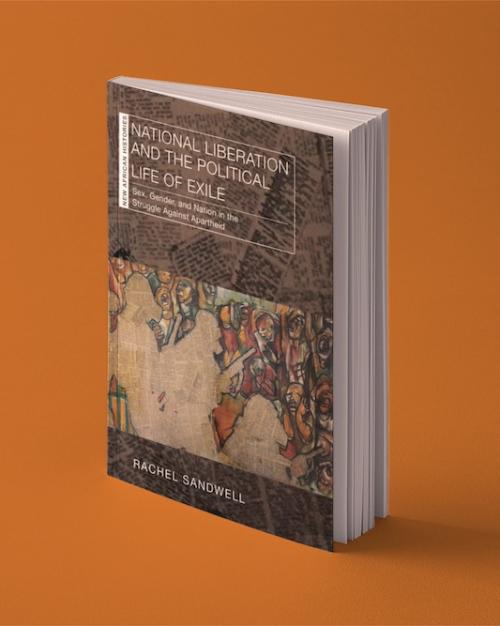by Jacob Brunell '15
There seems to be a lot of information out there telling college students why it is such a great idea to study abroad, but far less advice on what to do after your plane lands and you find yourself thrust out in the middle of a smoggy, loud, foreign city. Indeed, a big part of why some people are hesitant about studying abroad is because they are not sure if they can adjust to life on a day-to-day basis in a foreign country where they don’t speak the language fluently, if they will be too far out of their comfort zone, if they will be able to make friends, etc. I know this, because these were all feelings that I experienced before I took the leap and sent in my application to study abroad in Buenos Aires, Argentina last fall. It is for that reason that I’m sharing the advice below with you. To be sure, not all of the points listed below will apply to everyone. Nor is this a very comprehensive list. After all, studying abroad is about learning how to figure out things and yourself, and experiencing things in your own way. So with all that said, I’m hoping the following six pieces of advice can at least provide the potential study abroad student in Arts and Sciences with some useful insight that might make you more comfortable to take the leap and send in that application to Cornell Abroad: Make friends with your classmates
- Talk to people in your classes at your local university (as opposed to just people on your program) on the first day of class and every class after, because the sooner you start the sooner you’ll start making local friends. Additionally, if there are other international students in your classes (not from the country you are studying in, but also not from the US), make an effort to talk to them as well. As long as you’re getting to know people from different cultures/backgrounds you’ll have a fulfilling abroad experience. Only talk to Americans, probably not so much…
Speak the local language
- On a related topic to my last point, always start your conversations in the language of the place you are studying with everyone you meet, both inside of class and out. If you don’t, locals will often just assume you don’t have any great desire to speak to them in their language, and will default to English (if they speak it). You won’t learn anything that way!
Cultural Enrichment
- If you have the opportunity to go to an opera, theatre performance, art gallery, or dance class courtesy of your study abroad program, take it! You don’t know when you will have a chance to experience these again.
Travel... but not too much!
- If you are going anywhere in Europe you are likely intending to travel a lot, and visit every city you’ve always dreamed about visiting. While I’m sure you’ll have fun if you do that, the only way you really get to know a city and learn a language is by spending a significant amount of time there, so make sure you are not leaving every single weekend.
- While we’re on the topic of traveling, when you do decide to travel, don’t just go to the major cities. Go to the second or third-tier cities, the rural towns, the places where if you meet someone who speaks English it will be a surprise as opposed to an expectation. Take a bus ride to a place neither you nor your friends have ever heard of.
Join a Sports Team
- Joining a sports team at your local university is not only a great way to make local friends, but will also be a lot of fun. Even if you don’t think you’re very good at a sport, there will likely be some fairly relaxed, recreational teams you can join that aren’t too competitive.
Have fun, but don't forget your obligations from home!
- Thousands of miles away from home, it’s very easy to feel pretty removed from what’s going on back in the U.S. For that reason, if you don’t want to have issues with transferring credit, getting major credit, getting a job in the summer when you get back, or even forgetting an important family member’s birthday, take my word for it—stay on top of your stuff! In all likelihood, the classes you will be taking abroad will require less of a time commitment than your Cornell classes, and if you’re lucky will be slightly easier as well. Just make sure you’re taking the right classes, hitting your requirements, and getting decent (if not good) grades, as they do show up on your transcript, but aren’t calculated into your GPA.




